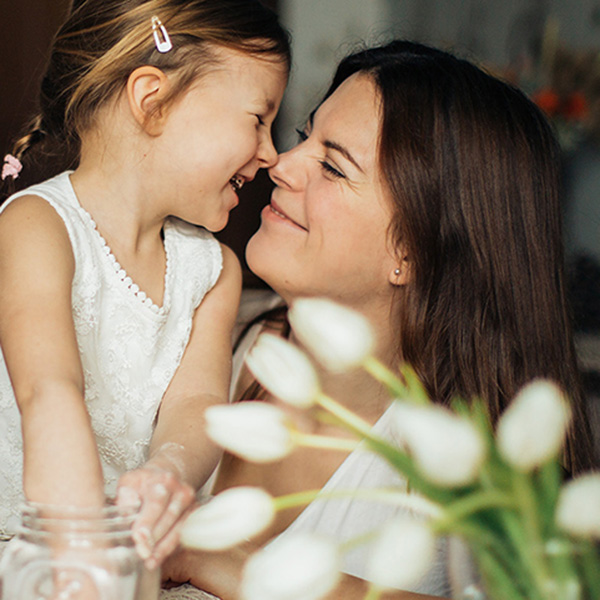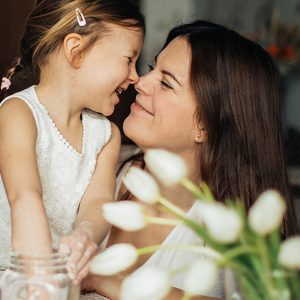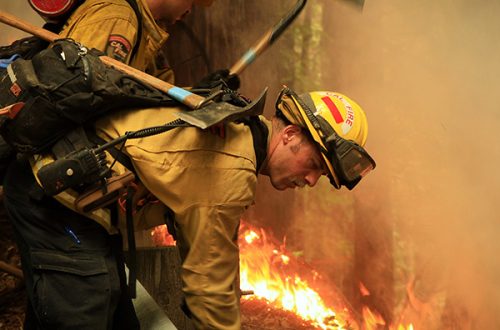
Coping and Recovering After Traumatic Events
BY Nicole M. Young, MSW
 When I started writing this month’s article, the biggest concern for many parents was starting the new school year with distance learning because of rising COVID-19 cases. Families and educators alike were worried about teaching and learning and working from home – or, for many families, wondering how to keep their kids safe during the virtual school day while they had to work outside of the home. It was a daunting challenge only a couple weeks ago, but now it’s been compounded by the devastating effects of the wildfires. My heart goes out to all those who lost their homes, pets, and precious family items – as well as those who had to evacuate and live with the fear and uncertainty about losing their homes. Here are some tips for coping and recovering after the wildfires.
When I started writing this month’s article, the biggest concern for many parents was starting the new school year with distance learning because of rising COVID-19 cases. Families and educators alike were worried about teaching and learning and working from home – or, for many families, wondering how to keep their kids safe during the virtual school day while they had to work outside of the home. It was a daunting challenge only a couple weeks ago, but now it’s been compounded by the devastating effects of the wildfires. My heart goes out to all those who lost their homes, pets, and precious family items – as well as those who had to evacuate and live with the fear and uncertainty about losing their homes. Here are some tips for coping and recovering after the wildfires.
Remember there is no “right” way to react to traumatic events. Each person’s experience with the wildfires will be different – even within the same family. Some children and adults will express their emotions openly and reach out for help. Others will keep their feelings private and try to “keep it together” because they fear that their emotions will spiral out of control. Some people will find it helpful – and even healing – to focus on the concrete tasks of replacing items, finding housing, rebuilding homes, or getting back to work. Others might become overwhelmed by their emotions or growing “To-Do” list, and even routine tasks like getting out of bed or eating can suddenly seem impossible. These are all common reactions to trauma and loss – and one person could experience the full range of emotions and reactions from one minute to the next.
Take care of yourself. This may seem impossible to do if you’re in temporary housing, dealing with insurance claims, or worrying about how to feed your family. And yet, it’s critical to find ways to rest and renew your physical, mental, and emotional energy. Recovering from a traumatic event like the wildfires will be a marathon, not a sprint. Even giving yourself 5 minutes each day to meditate, cry, sit in silence, or take a short walk can make a difference. Reach out for help from a counselor, pastor, or other support person if you need to vent or express intense emotions with someone who isn’t also trying to deal with their own grief or anxiety about the wildfire.
Give kids lots of affection and invite them to express their feelings. Kids will have many feelings – even if they didn’t lose their homes – including anger, fear, sadness, confusion, guilt, depression, or anxiety. They might cry, have emotional outbursts, become fearful about being away from their parents, or have difficulty sleeping, eating, or concentrating. Kids might appear fine and resilient one day (or minute), then have a complete meltdown the next. Encourage kids to express their feelings through talking, reading, drawing, singing, playing, writing, texting, crying, or even screaming.
Return to familiar routines, or create new ones. Consistent routines create predictability, which can be very reassuring in stressful times. If you’re staying in an unfamiliar place, look for ways to create temporary routines that feel familiar. Talk, play, read, sing, eat, or cuddle together during mornings, mealtimes, and bedtimes. Those routines will be emotional anchors that can help your family get through each day.
Try to limit kids’ exposure to distressing news and images. While it’s important to stay informed, and media coverage about the wildfires can provide a valuable teaching moment, it can be confusing and stressful for kids to see repeated news or hear adult conversations about a traumatic event. They might believe the wildfire is happening again or relive their fear and anxiety, even if they are not in any danger. Young children might not understand what’s being said, but they can sense and “mirror” (copy) their caregivers’ emotions. Older children and teens who see distressing photos, videos, and comments on social media could become worried and anxious, imagining all the worst-case scenarios that could happen if there are more wildfires.
Final Thoughts
The recent wildfires have been devastating and traumatic. And yet the community’s generosity and readiness to assist both friends and strangers has been inspiring. I hope this is what our children remember about the wildfires, long after the flames are extinguished.
This monthly column provides tips for raising children, based on the world-renowned Triple P – Positive Parenting Program, available to families in Santa Cruz County. If you have a question or idea for a future column, please email me at [email protected].
Nicole Young is the mother of two children, ages 16 and 20, who also manages Santa Cruz County’s Triple P – Positive Parenting Program, the world’s leading positive parenting program. Scientifically proven, Triple P is made available locally by First 5 Santa Cruz County, the Santa Cruz County Health Services Agency (Mental Health Services Act) and the Santa Cruz County Human Services Department. To find a Triple P parenting class or practitioner, visit http://triplep.first5scc.org, www.facebook.com/triplepscc or contact First 5 Santa Cruz County at 465-2217 or [email protected].


You May Also Like

Crisis Self Care
September 1, 2020
The First Few Days
September 1, 2020

